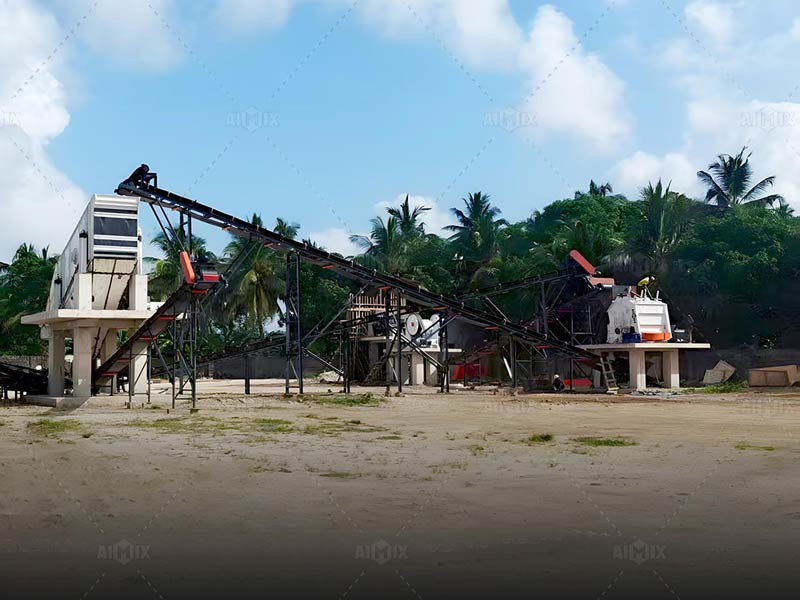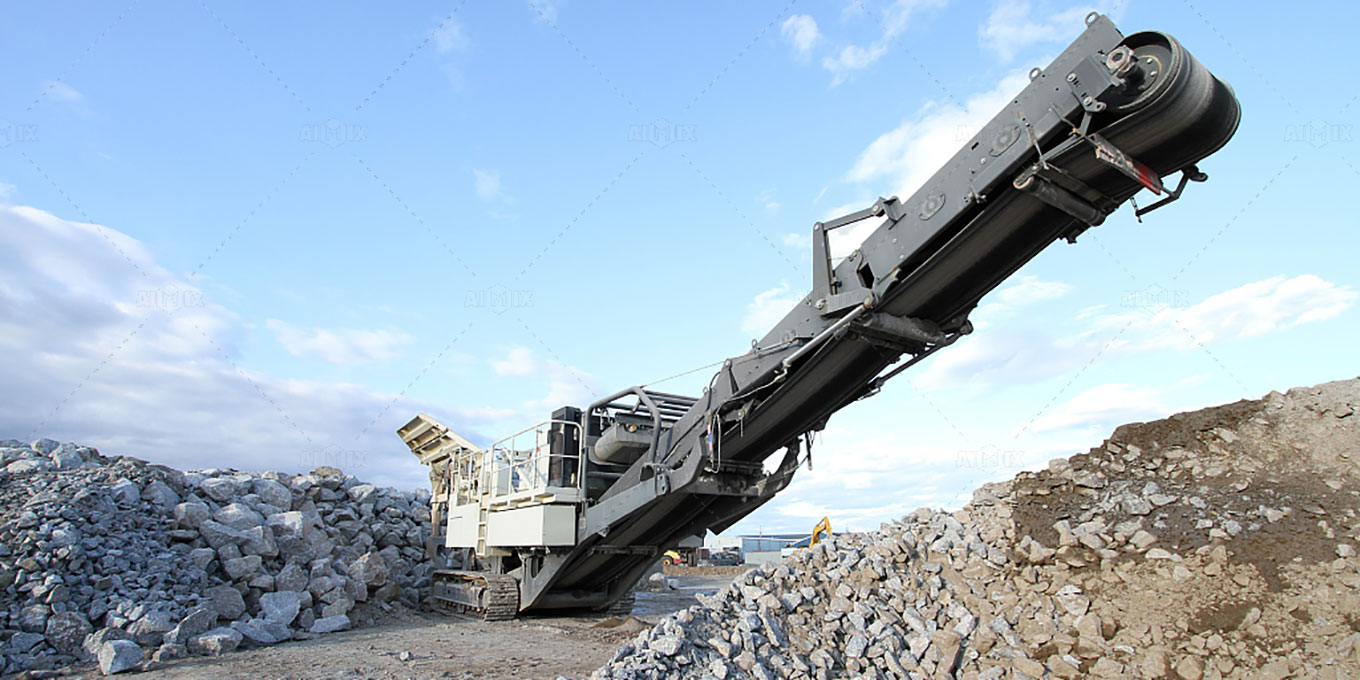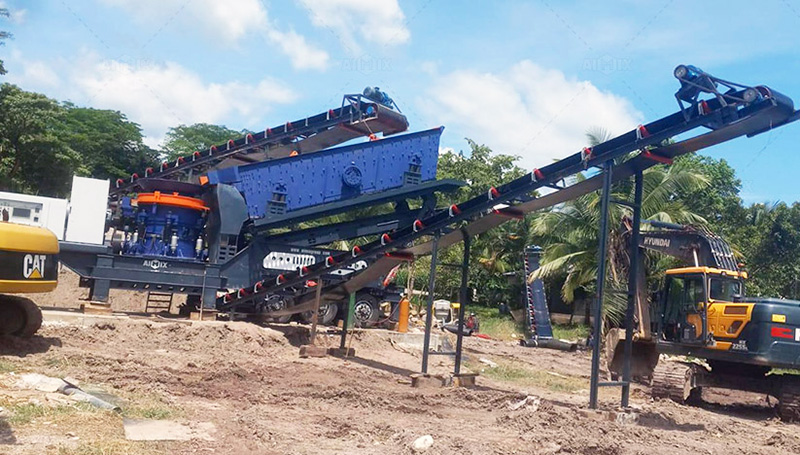The landscape of stone crushing is undergoing a profound metamorphosis, moving far beyond the realm of simple mechanical pulverization. For any business leader or project manager considering this essential equipment, the relationship between modern technology and machine price is no longer a straightforward equation. It has become a complex and critical consideration that directly impacts profitability and operational viability. The initial stone crusher machine price tag on a technologically advanced crusher can indeed be a significant figure, yet this number tells an incomplete story. Understanding the true impact of technology requires a deeper dive into how intelligent systems, precision engineering, and automated controls are not merely adding cost but are fundamentally reshaping the value proposition of the entire investment. This knowledge is paramount for making an astute decision that aligns with both immediate project needs and long-term strategic goals.

The Technological Vanguard: A New Era of Intelligent Crushing
The most apparent impact of technology is the evolution from basic, robust machines to sophisticated, interconnected systems. Modern stone crusher plants are marvels of mechatronic engineering, integrating advanced hydraulics, high-strength composite materials, and programmable logic controllers (PLCs). These are not simple add-ons; they are foundational to the machine’s new identity. For instance, automated setting regulation systems continuously monitor and adjust the crusher’s closed-side setting (CSS) to maintain a consistent product size without manual intervention. This level of precision was previously unattainable. Furthermore, the use of superior, often proprietary, alloys for wear parts like mantles and concaves significantly enhances their service life, reducing the frequency of replacements. This incorporation of high-grade materials and complex systems inherently elevates the manufacturing cost, which is reflected in the purchase price. You are investing in a tool of unparalleled capability and resilience.
The Operational Calculus: How Technology Offsets Initial Cost
While the upfront investment is higher, the operational economics of a high-tech crusher present a compelling counter-narrative. This is where technology transitions from a cost center to a powerful profit driver. Consider the paradigm of predictive maintenance. Sophisticated sensors track vibration, pressure, and temperature, providing early warnings of potential component failures. This allows for scheduled, planned maintenance instead of catastrophic, unplanned breakdowns. The cost savings from avoiding days or weeks of production downtime can swiftly eclipse the premium paid for the smart system. Energy efficiency is another critical lever. Intelligent rock crushers optimize their power consumption based on the load and hardness of the feed material, leading to substantial reductions in electricity or diesel fuel costs over thousands of operating hours. This operational frugality, combined with optimized output and enhanced machine longevity, means that the higher initial investment is strategically amortized over the machine’s lifespan, often resulting in a lower total cost of ownership.

Strategic Acquisition in a Technological Landscape
Navigating this technologically advanced market demands a strategic and discerning approach. The goal is not to acquire the machine with the most features, but the one with the right features for your specific operational imperatives. A large, stationary quarry serving a cement plant will have vastly different technological needs compared to a mobile contractor moving between demolition sites. It is essential to conduct a thorough needs assessment to avoid paying for superfluous complexity that will never be utilized. Equally critical is the evaluation of the manufacturer’s support ecosystem. A technologically advanced machine is dependent on sophisticated technical support, readily available genuine parts, and comprehensive operator training. A lower-price machine from a supplier with a weak local support network becomes a liability, not an asset, the moment a complex electronic component fails. The most strategic acquisition is one that balances capable technology with an ironclad service agreement, ensuring that your sophisticated equipment remains a productive partner for years to come.

Comments
No comments yet. Be the first to react!